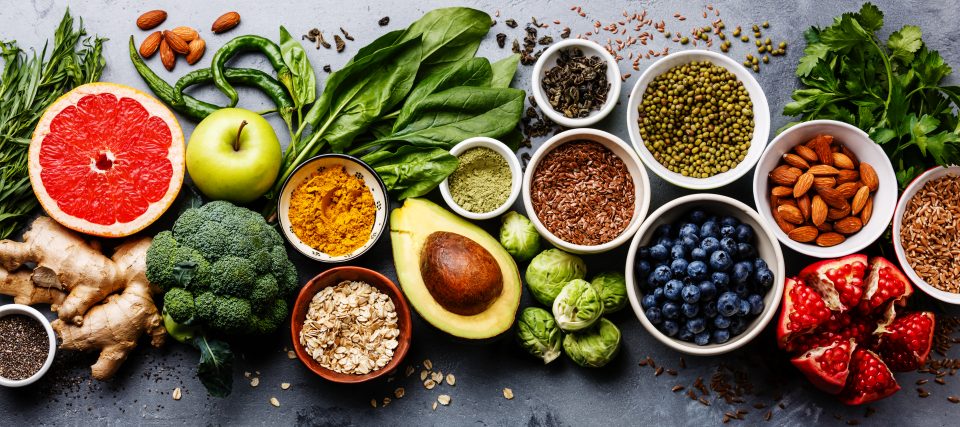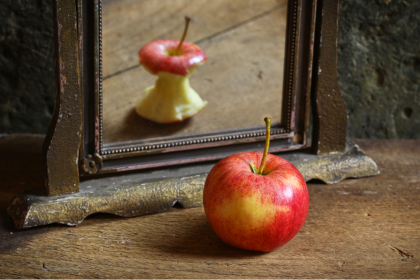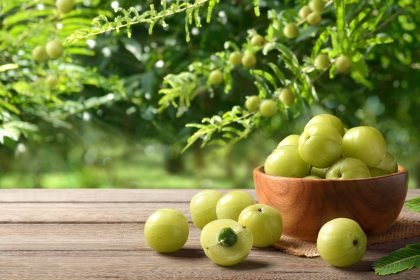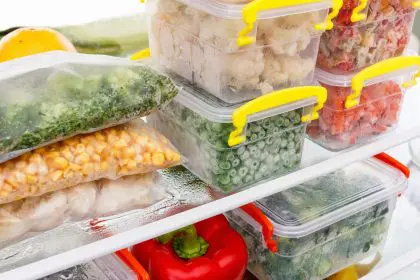Foods that may help

It is also important to eat a healthy diet. Magnesium-rich foods will also aid in the effects of SAD. Here are a few options to incorporate: avocados, nuts and dark chocolate. Green leafy vegetables are also very important since they are rich in vitamins like A, C, potassium and magnesium. Try adding a handful to your morning smoothie or eating a side salad with each meal. Smoothies are an easy way to get in your five servings of fruit and veggies. Add kale or spinach, a low-sugar fruit such as frozen blueberries or strawberries, and half [a] banana. Omega-rich foods are also beneficial [as well as] lean protein like salmon, walnuts and chia seeds. [Foods rich in] vitamin B6 are also good, like chickpeas, meats and tuna. Another alternative is sea moss, which is rich in minerals and can detox the cells in the body, thereby possibly relieving anxiety, stress and depression along with anti-inflammatory properties.
Lastly, add a daily probiotic found naturally in yogurt, kefir and kimchi, or you can take a supplement that may improve gut flora. A healthy gut can contribute to overall health. Many factors can contribute to feeling SAD during this time of the year. Please seek professional help if you are experiencing long-term or excessive sadness, depression or anxiety.
Some resources:
Substance Abuse and Mental Health Services Administration (SAMHSA) National Helpline, 1-800-662-HELP (4357)
National Suicide Prevention Lifeline, 1-800-273-TALK
Crisis Text Line, Text HOME to 741741
Hopefully, some of the above tips can be incorporated into your daily routine.














